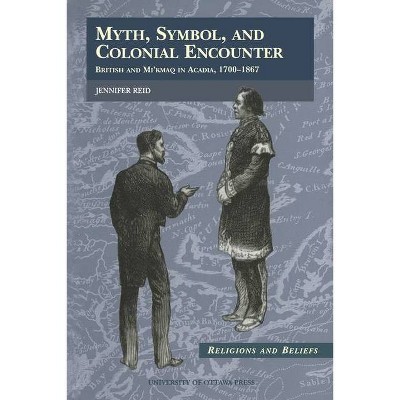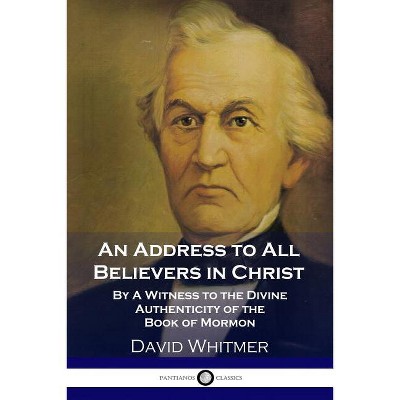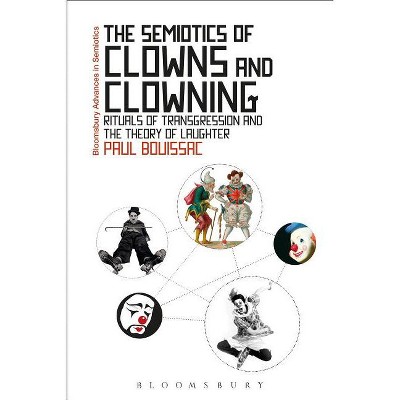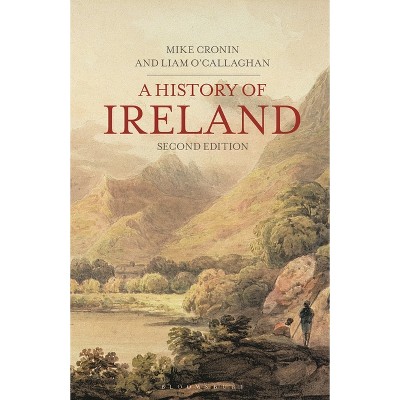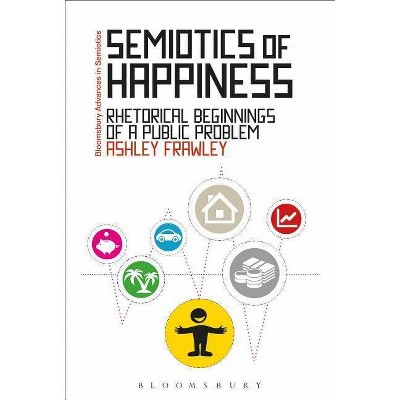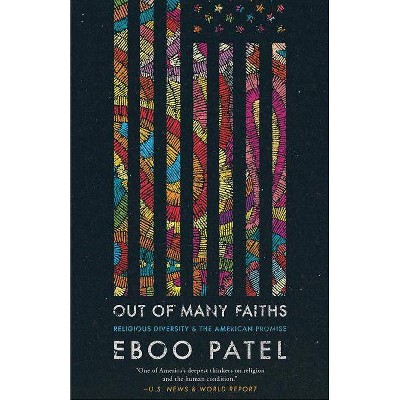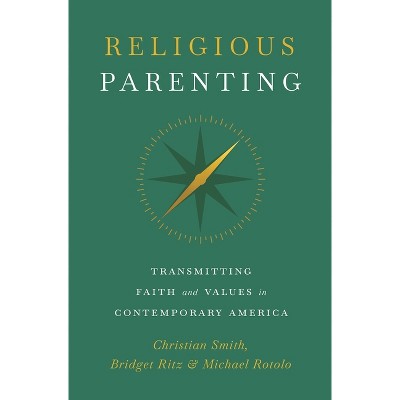Sponsored

One Nation, Many Faiths - (Bloomsbury Advances in Religious Studies) by Liam T Sutherland (Hardcover)
In Stock
Sponsored
About this item
Highlights
- This book examines the understudied role of the interfaith movement in institutionalizing religious pluralism in the public life of contemporary societies through the case study of Interfaith Scotland.
- About the Author: Liam T. Sutherland is an independent scholar, Scotland, UK.
- 248 Pages
- Social Science, Sociology of Religion
- Series Name: Bloomsbury Advances in Religious Studies
Description
About the Book
Provides a critical study of the role of an interfaith organisation in constructing a limited model of religious pluralism in the public sphere and its relationship with a form of civic-cultural nationalism.Book Synopsis
This book examines the understudied role of the interfaith movement in institutionalizing religious pluralism in the public life of contemporary societies through the case study of Interfaith Scotland. It analyzes the organization and their literature, demonstrating the ways in which they have cultivated a particular model of religious pluralism compatible with a secular civic-cultural nationalism. It places this case into a comparative discussion of the interfaith movement as an emerging global phenomenon.
In this case study, the author considers how Interfaith Scotland presents 'religions' as equivalent, compatible bodies of ethical teachings through selective appeals to textual traditions or in some cases, their construction. It has also depended on conforming to the 'world religions paradigm', where it is only religions with global reach and cohesive characteristics which require representation. Liam Sutherland discusses how Interfaith Scotland encouraged a common, seemingly 'apolitical' attachment to Scotland's democratic institutions and cultural heritage, especially in relation to the question of independence. This case study sheds light on the wider relationship between the global interfaith movement and nationalism - both in protecting religions against prejudice and exclusion but also pursuing integrationist goals.Review Quotes
"This is a well-written, genuinely interesting monograph that merits a broad readership. It deserves a place in all university libraries and will appeal to general readers interested in Scottish identity, Scottish nationalism, and other aspects of contemporary Scotland. I recommend it heartily." --BASR Bulletin
"Liam Sutherland offers an informative, detailed and well-researched treatment of perhaps the most important feature of the contemporary religious landscape in Britain. The interconnecting strands of diversity, dialogue and national identity are engaged and explained in an accessible and readable way." --Andrew Dawson, Lancaster University, UK "This book provides an important contribution to the growing scholarly literature on the interfaith movement, taking a critical but empathetic look at a particular organisation. While rooted in the Scottish context, this book has a wider, global significance. A critical intervention into the existing debates." --Paul Michael Hedges, Nanyang Technological University, Singapore "Sutherland offers a profound exploration of the relationship between religion and nationalism, invaluable to scholars and commentators looking at the current public role of religion. Well researched and insightful, this book deserves to be read widely by all those interested in religion in Scotland, the UK and beyond." --Martin Stringer, Martin Stringer Quartet, UKAbout the Author
Liam T. Sutherland is an independent scholar, Scotland, UK.Shipping details
Return details
Frequently bought together
Trending Non-Fiction






